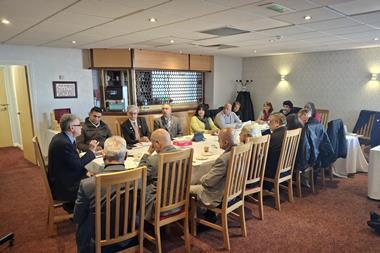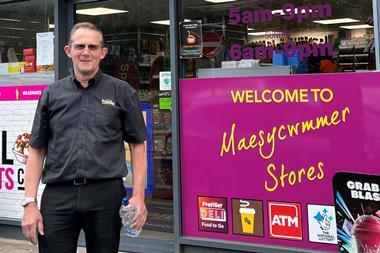The Association of Convenience Stores has said it is working with the UK government to clarify how its Brexit plan will affect the convenience sector.
The government published the Brexit White Paper, a document oulining proposed UK relations with the European Union after Brexit, last week following a meeting between Prime Minister Theresa May and her Cabinet.
The document prompted the resignation of a number of high-profile members of government including former foreign secretary Boris Johnson and Brexit secretary David Davis, and divided members of the retail industry.
The paper, which will be debated in the House of Commons and by the EU in Brussels over the coming months, is aimed at ensuring trade co-operation between the UK and the EU, with no hard border for Northern Ireland, and global trade deals for the UK.
ACS chief executive James Lowman said: “We are working with government to get more clarity on what the proposals in the white paper will mean for the convenience sector, as well as details of the impact on the labour market.”
According to ACS research, retailers remain undecided about the impact of Brexit, with just 10% believing it will have a positive effect while 18% think it will be negative for their business. The ACS estimates that just 2% of employees in the convenience sector are non-UK EU workers.
In response to the white paper’s publication, British Retail Consortium ceo Helen Dickinson, said: “The British Retail Consortium has made it clear that a frictionless customs system is vital for retail businesses so it is encouraging to have seen some progress within the white paper, but the retail industry still needs clarity on how this will be facilitated.
“A well organised, functioning frictionless customs arrangement is essential to ensure our fragile food supply chains are maintained to allow consumers to continue access the choice and value of goods they are accustomed to.”
Andrew Gray, head of Brexit for business management company PwC, added: “Despite this being a credible proposal, businesses should know that there is still a risk of no deal and therefore should continue to plan for this scenario.”




























No comments yet